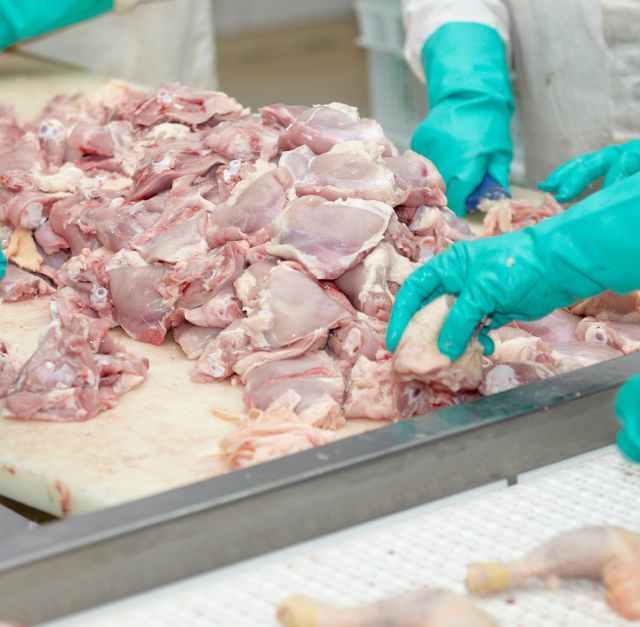
Risks of Excessive Hardness in Industrial Water
Excessive hardness in industrial water can pose several risks, impacting both operational efficiency and the longevity of equipment. Hard water, characterized by high levels of calcium and magnesium, can lead to various issues in industrial settings.
Scaling and Equipment Damage
One of the primary risks of hard water is scaling. This is the accumulation of minerals on surfaces, such as the insides of pipes, boilers, and heat exchangers. Scaling can significantly reduce the efficiency of heat transfer, leading to increased energy consumption and operational costs. In severe cases, it can cause blockages and damage to equipment, necessitating expensive repairs or replacements.
Impact of Hard Water on Industrial Processes
In processes where water is a key component, such as in textile dyeing or food and beverage production, hard water can affect product quality. It can interfere with the effectiveness of detergents and soaps, leading to poor cleaning results. Hard water can also affect the appearance and texture of products, which is critical in industries where aesthetic qualities are important.
Water Treatment Challenges
Treating hard water can be challenging and costly. It often requires the use of water softeners or other treatment methods to reduce the levels of calcium and magnesium. These treatment processes can increase operational costs and require regular maintenance to ensure their effectiveness.
Environmental Considerations
Discharging hard water into the environment can also have ecological impacts. The high mineral content can affect local water bodies, altering the water chemistry and potentially harming aquatic life. Compliance with environmental regulations is essential to mitigate these risks.
Health Implications
While not a direct health hazard, hard water can lead to skin irritation and other minor issues in settings where there is frequent contact with water, such as in certain manufacturing processes.
The Necessity for Regular Monitoring
Regular testing and monitoring of water hardness levels are crucial in industrial settings. This ensures that appropriate measures can be taken to manage the hardness of water, thereby protecting equipment, maintaining process efficiency, and adhering to environmental standards.




